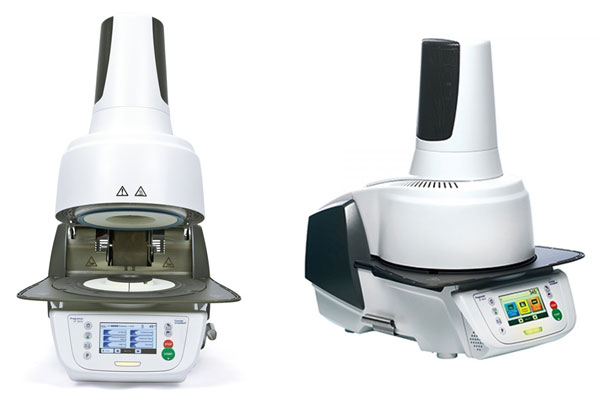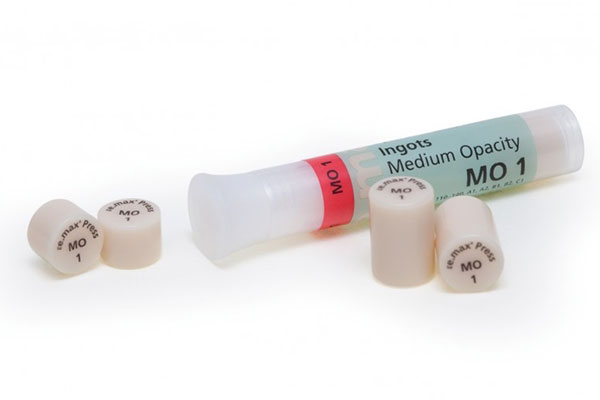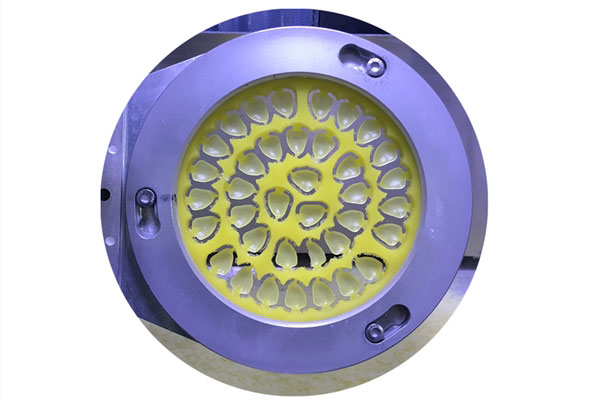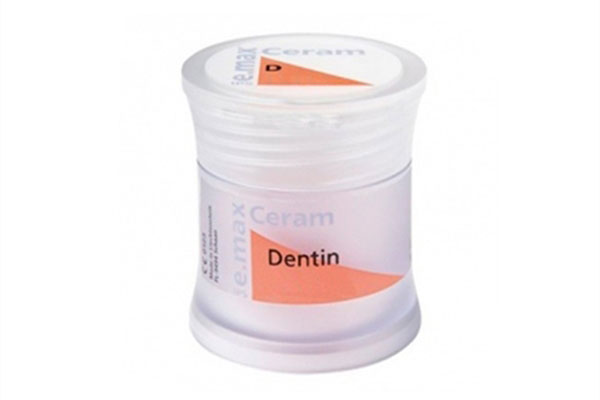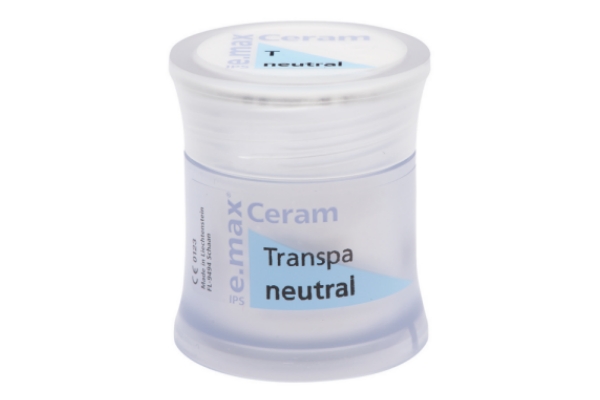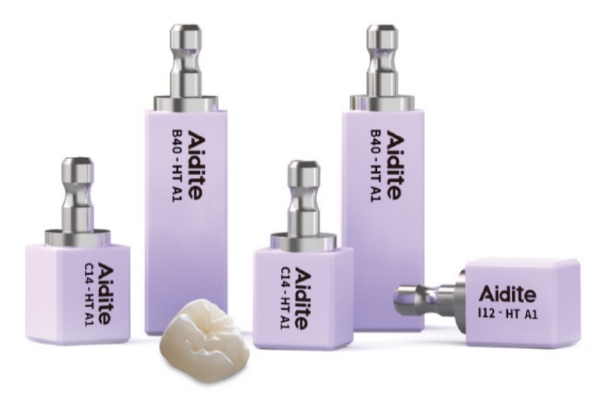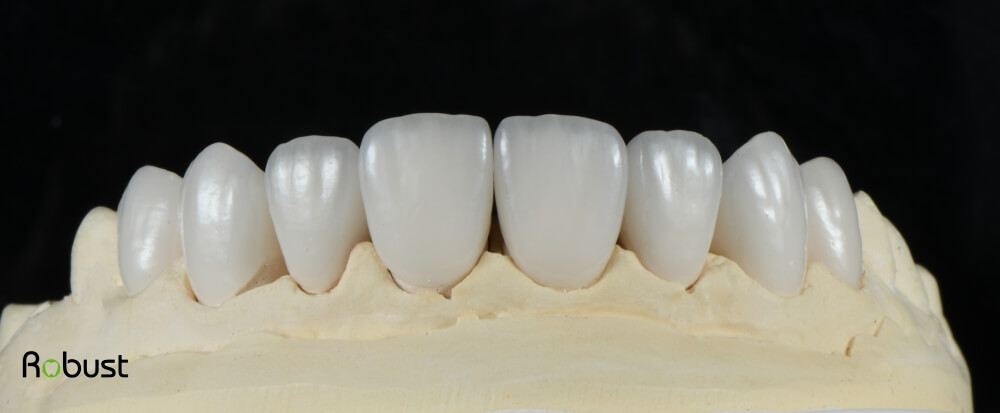Veneers Dental Lab from China
Robust Dental Veneers
Dental veneers (or laminates) are thin, tooth-colored shells that attach to the surfaces of teeth (mostly for front teeth) to improve their appearance. They are usually made of ceramic and are permanently attached to your natural teeth. Veneers are helpful to treat different cosmetic issues, including:
- Teeth are stained and cannot be bleached
- tooth loss or wear
- crooked or misshaped teeth
- Uneven or large gaps between natural teeth
Featured Dental Veneer Cases
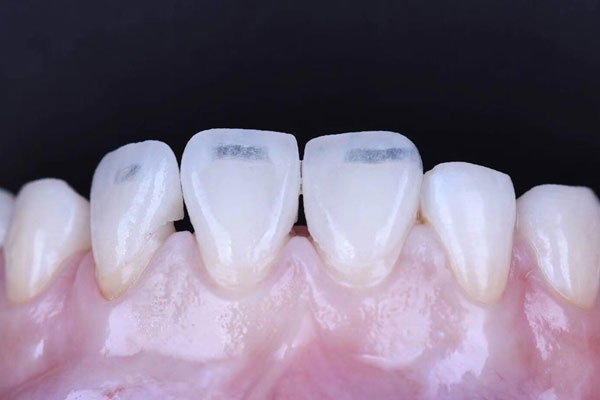
Super Slim E.max Veneers
Super slim E.max veneers, also known as ultra-thin or non-prep veneers (or laminates), are made of E.max material only. They are designed to be very thin (normally 0.3~0.5mm). They require minimal removal of the tooth’s surface, sometimes none at all, preserving more of the natural tooth structure. Those veneers help fill gaps and close spaces, but they cannot cover dark shades and cannot address severe cosmetic issues.
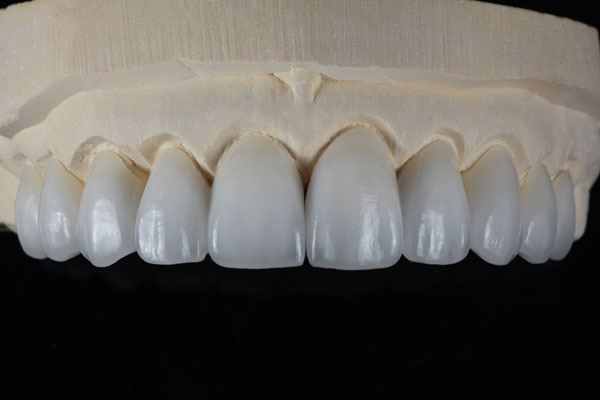
Porcelain E.max Veneers
Porcelain E.max veneers consist of an E.max base and a porcelain coating. This combination offers excellent aesthetics and mimic the natural appearance of teeth due to their translucent quality. To achieve this beautiful result, the veneer should be about 1mm thick, so dentists have to remove more of the natural teeth. However, they are able to cover dark colors and correct more severely misaligned teeth. They’re also preferred for their ability to resist wear and chipping while providing a lifelike and long-lasting solution for enhancing the smile.
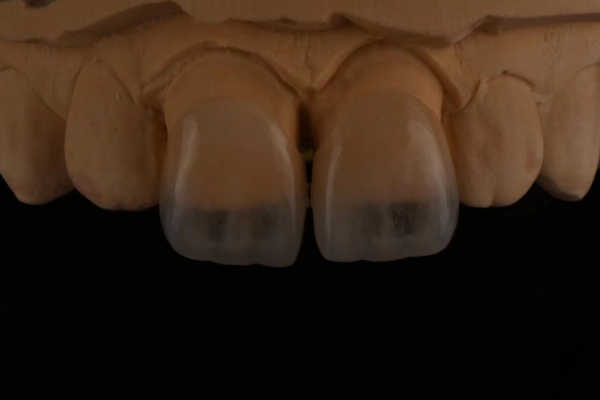
Feldspathic Porcelain Veneers
Feldspathic porcelain veneers are completely made of a thin layer of porcelain, customized to cover the front surface of teeth. They’re known for their natural look and translucency (more natural looking than super slim Emax veneers), effectively improving the appearance of teeth by altering their shape, size, color, or length. These veneers are handcrafted and provide a high aesthetic appeal, but they might not be able to cover dark color, and they are not as durable as porcelain Emax veneers.
Robust Veneers Specification
| Product: | Dental veneers |
| E.max veneer: | IPS E.max Ingots, Ivoclar from Liechtenstein |
| E.max ceramic: | E.max Ceram, Ivoclar from Liechtenstein |
| CAD/CAM E.max veneer: | Dental glass ceramics, Aidite from China (FDA/ CE certified) |
| Way of manufacturing: | CADCAM/ Traditional E.max Press |
| Design software: | 3 Shape |
| Scanning Device: | 3 Shape |
Veneers Lab Equipment & Material
Dental Veneers FAQ Guide
1. What types of dental veneers does Robust dental supply?
Super slim Emax veneers
Super slim Emax veneers, also known as ultra-thin or non-prep veneers (or laminates), are made of Emax material only. They are designed to be very thin (normally 0.3~0.5mm). They require minimal removal of the tooth’s surface, sometimes none at all, preserving more of the natural tooth structure. Those veneers help fill gaps and close spaces, but they cannot cover dark shades and cannot address severe cosmetic issues.
Porcelain Emax veneers
Porcelain Emax veneers consist of an Emax base and a porcelain coating. This combination offers excellent aesthetics and mimic the natural appearance of teeth due to their translucent quality. To achieve this beautiful result, the veneer should be about 1mm thick, so dentists have to remove more of the natural teeth. However, they are able to cover dark colors and correct severely misaligned teeth. They’re also preferred for their ability to resist wear and chipping while providing a lifelike and long-lasting solution.
Feldspathic porcelain veneers
Feldspathic porcelain veneers are completely made of a thin layer of porcelain, customized to cover the front surface of teeth. They’re known for their natural look and translucency (more natural looking than super slim Emax veneers), effectively improving the appearance of teeth by altering their shape, size, color, or length. These veneers are handcrafted and provide a high aesthetic appeal, but they might not be able to cover dark color, and they are not as durable as porcelain Emax veneers.
Composite resin veneers
Composite veneers are made from a synthetic mixture of resin (plastic) and glass. They are cheaper than Emax veneers. Besides, if they are damaged, they are easy to repair, which is why compostie resin is often used as a filling material. However, they are not as durable as Emax veneers, since stains are more likely to appear. Also, composite veneers appear bulkier and don’t look as natural as Emax veneers.
Zirconia veneers
Zirconia veneers are also all-ceramic shells for cosmetic enhancement. They are known for their durability, stain resistance, and relatively natural appearance. However, they are very likely to slide off, if teeth are not properly prepared, or if the teeth are too short, due to their smooth inner surface. This prevents them from being a popular choice for dental aesthetics.
2. Advantages of dental veneers
Veneers have many advantages over other cosmetic dental procedures.
Veneers are very versatile
Veneers can hide stubborn stains and discoloration, hide cracks and chips, and give new shape to slightly crooked teeth. Veneers can replace teeth whitening or even minor orthodontic treatments.
Immediate results
Immediate results can be seen in one or two visits. Other types of dental treatments can take weeks or months to complete and often require multiple visits to the dentist. A cosmetic dentist can provide composite veneers in only one clinic visit.
Requires very little preparation
Dentists remove a small amount of enamel to make room for the veneer before applying a veneer to the front surface of the tooth. This is only a small amount of preparation compared to crowns, which require your dentist to remove more natural teeth.
Fantastic and long lasting results
The veneers on your teeth look and feel just like your natural teeth. Results can also last for many years—for most people, porcelain veneers last 10 to 15 years, although for many patients, dental restorations can last longer.
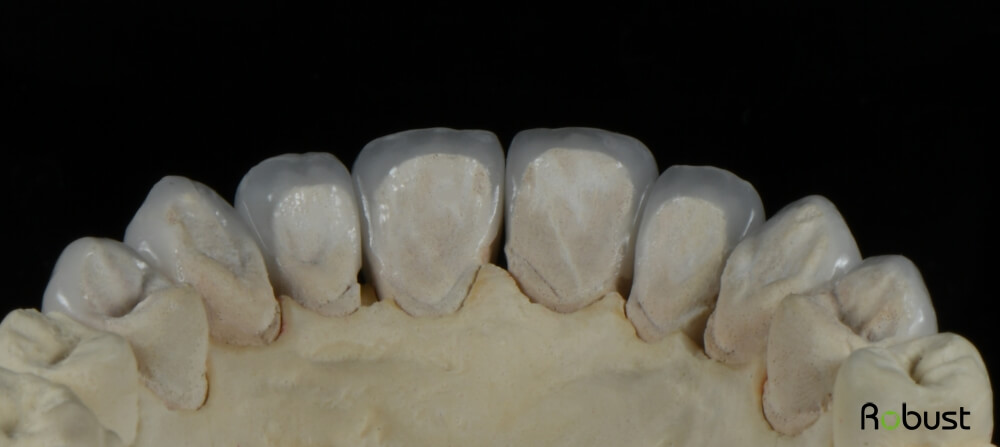
3. Disdvantages of dental veneers
While dental veneers have many benefits, the procedure has its downsides.
The effectiveness of repairing severely damaged teeth is limited
Dental veneers can repair the appearance of minimally damaged teeth, but not for the appearance of severely damaged teeth. In this case, dentists may recommend a crown that fits the whole tooth.
Risk of damage
Veneers can chip or crack, especially if subjected to excessive force or biting hard objects.
High cost
Veneers can be expensive, and they might not be covered by insurance as they’re considered a cosmetic procedure.
4. What is the difference between veneers, crowns and implants?
Veneers are not the same as implants or crowns. They cover only the front surface of the tooth, while crowns cover the entire tooth. The veneer is also thinner than the crown. Also, having a veneer preserves more of your natural tooth structure. If you need a crown, your dentist will need to grind more teeth than to use veneers.
At the same time, implants are placed in the bone to replace the missing teeth, and crowns are placed on them. The area around the implanted tooth will take several months to recover enough to hold the dental crown.
